Whether you’re a visitor or a newcomer, understanding and respecting the local customs is critical to fostering positive interactions and avoiding inadvertent missteps.
From social gatherings to everyday encounters, being mindful of cultural faux pas can enhance your experience and help you build meaningful connections.
However, amid the bustling streets and historic landmarks lies a subtle yet significant set of unspoken rules and customs. From how one addresses others to dining etiquette, each aspect contributes to the rich fabric of Bostonian culture.
In this guide, we’ll explore some common cultural faux pas in Boston, shedding light on the nuances that can make or break your social interactions in this dynamic city.
Whether it’s understanding the importance of punctuality or knowing when to engage in small talk, mastering these subtleties will help you navigate Boston with finesse and leave a positive impression on its residents.
Cultural Faux Pas in Boston
While Bostonians are known for their warmth and hospitality, specific unwritten rules and social norms can leave outsiders feeling like they’ve stepped on a coddle head (a local term for a sand dollar, used to describe someone who doesn’t quite get it).
To navigate the city smoothly and avoid cultural faux pas, here’s a guide to some common pitfalls:
Linguistic Landmines
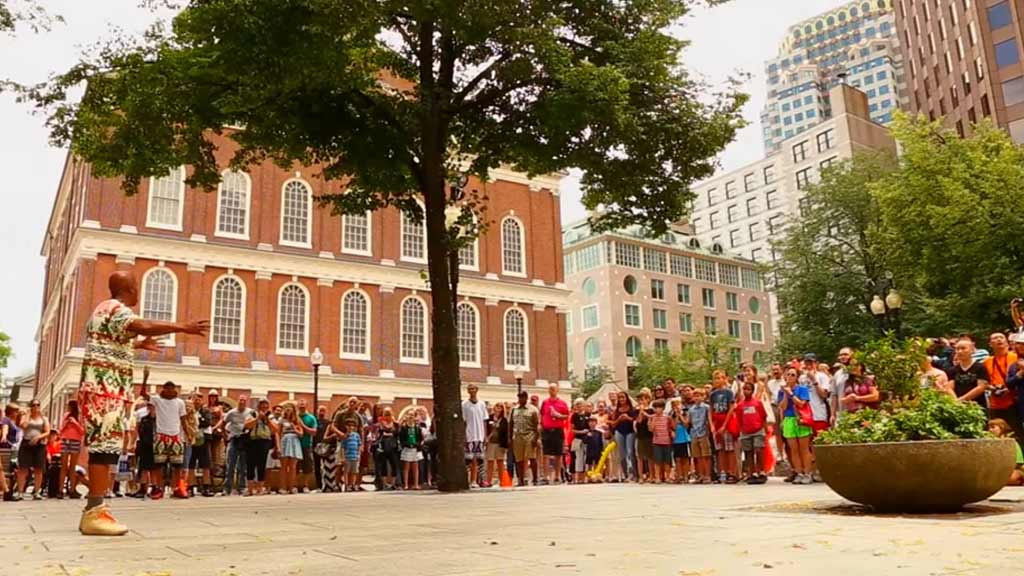
Beantown Blunder, the nickname occasionally used, is generally disliked by Bostonians. Stick to “Boston” or “the city.”
The Boston accent, characterized by its unique pronunciation of words like “car” (pronounced as “cah”) and “park” (pronounced as “pahk”), is a distinct feature of the city’s identity.
While you don’t need to adopt the accent yourself, showing appreciation can help you connect with locals and break the ice in conversations. Avoid mocking or imitating the accent, as it can be disrespectful.
Package Stores, not Liquor Stores
Bostonians buy their spirits from “packies,” not liquor stores. Remember, it’s a package store, not a party store.
While other coffee shops exist, Dunkin’ Donuts holds a special place in Bostonian hearts. Calling it “just another donut shop” might raise eyebrows.
Punctuality Matters
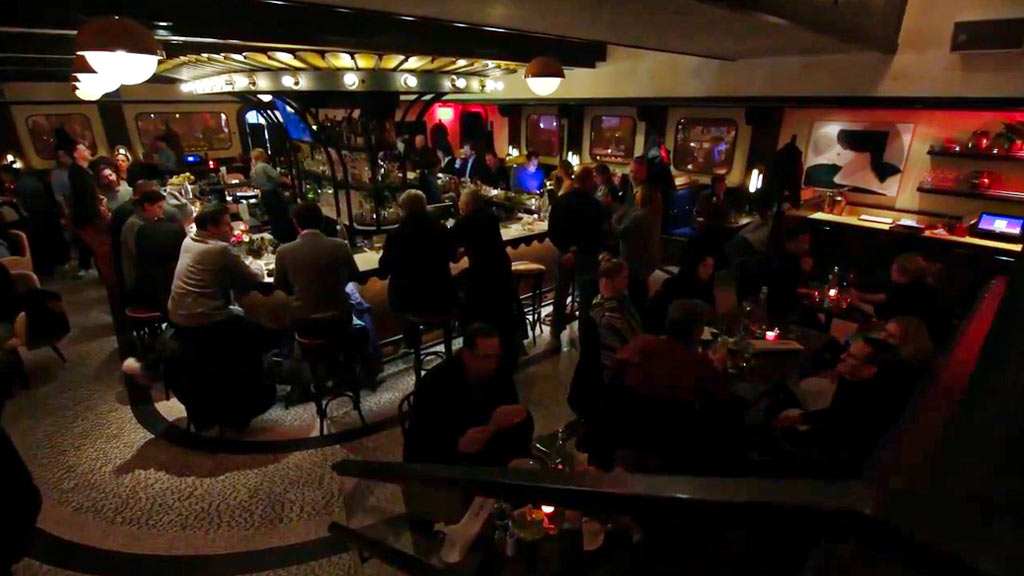
In Boston, punctuality is highly valued. Whether attending a business meeting or meeting friends for dinner, being on time demonstrates respect for others’ time and commitments.
Arriving late without a valid reason can be perceived as rude or inconsiderate. To avoid this cultural faux pas, plan your schedule accordingly and factor in potential traffic or delays, especially during rush hours or inclement weather.
T Train Turmoil
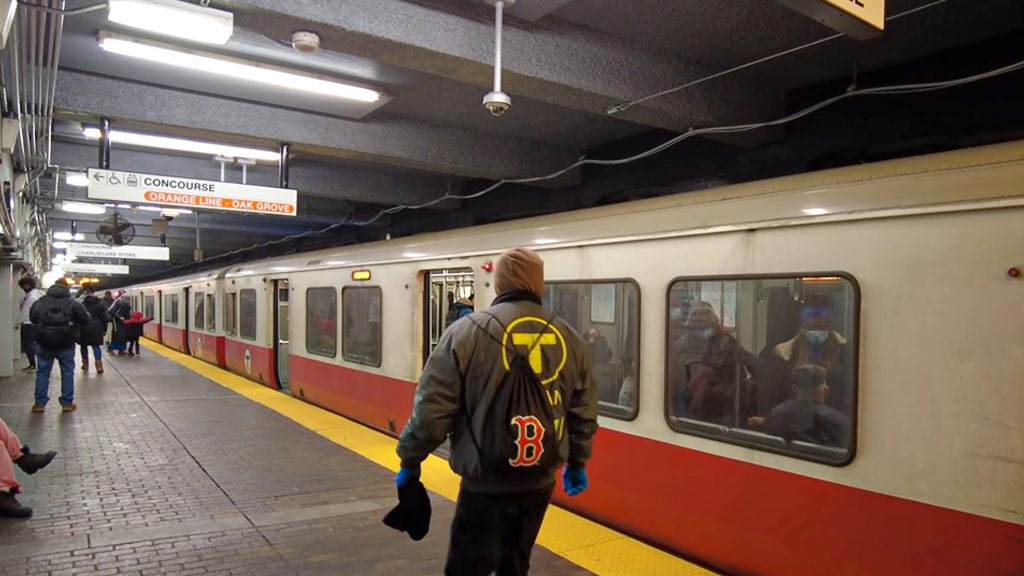
Blocking the doors, monopolizing seats during rush hour, or engaging in loud phone calls are surefire ways to earn dirty looks and muttered grumbles. Remember, the T is a shared space, and courtesy is critical.
Meandering down the sidewalk four abreast, stopping abruptly without warning, or invading personal space can lead to frustrated sighs and shoulder brushes. Be mindful of fellow pedestrians and maintain a reasonable pace.
Historical Haunts Havoc
Treating historical sites like playgrounds, disregarding posted signs, or behaving loudly and disrespectfully can earn you reprimands from locals or even security personnel. Remember, these sites hold significant cultural value.
Tipping Etiquette
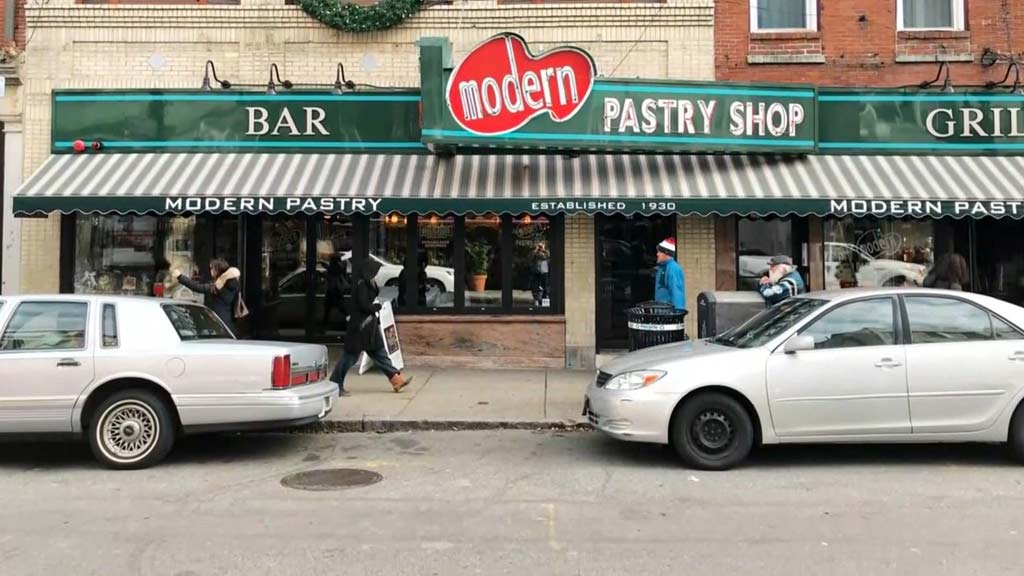
Tipping is customary in the United States, including Boston, and is often expected for services such as dining at restaurants, taking taxis, or using valet parking.
While the standard tip for restaurant service is around 15-20% of the total bill, it’s important to adjust accordingly based on the quality of service received.
A higher tip may be warranted for exceptional service, while poor service may warrant a lower tip or none at all, accompanied by constructive feedback if necessary.
Red Sox Rivalry
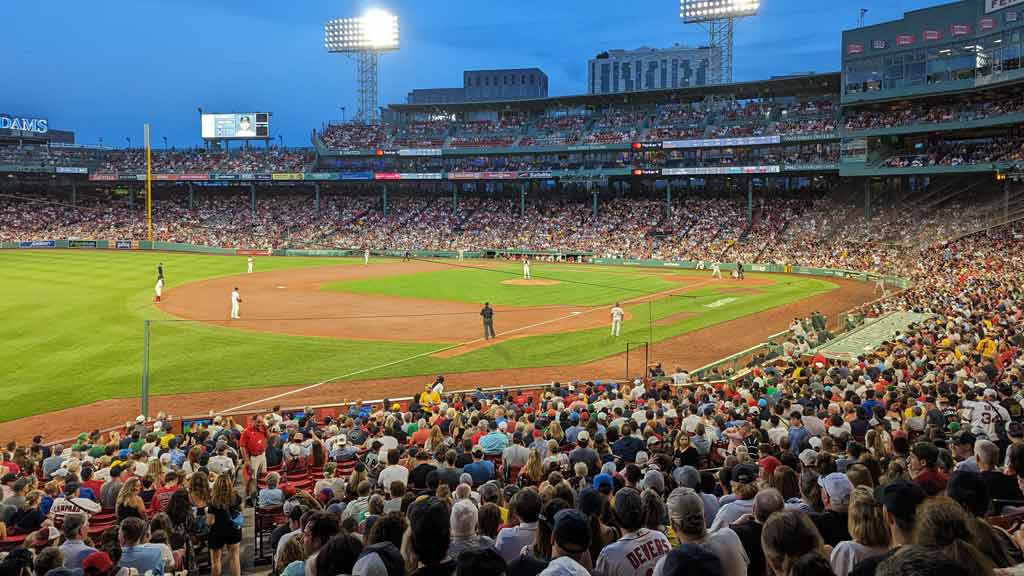
Disrespecting the Red Sox or their passionate fans is a major faux pas. Taunting them, especially during the playoffs, could lead to verbal confrontations or even social ostracization. Bostonians take their baseball seriously, so tread carefully.
Similarly, bad-mouthing the Patriots or their fans is likely to ruffle feathers. While friendly banter is acceptable, outright disrespect will not be tolerated.
Bruins Blunders
Please don’t confuse the Bruins with any other hockey team, and understand that their fans are fiercely loyal. Show respect for the “Spoked B” and the passionate atmosphere at TD Garden.
Dress Appropriately for the Occasion
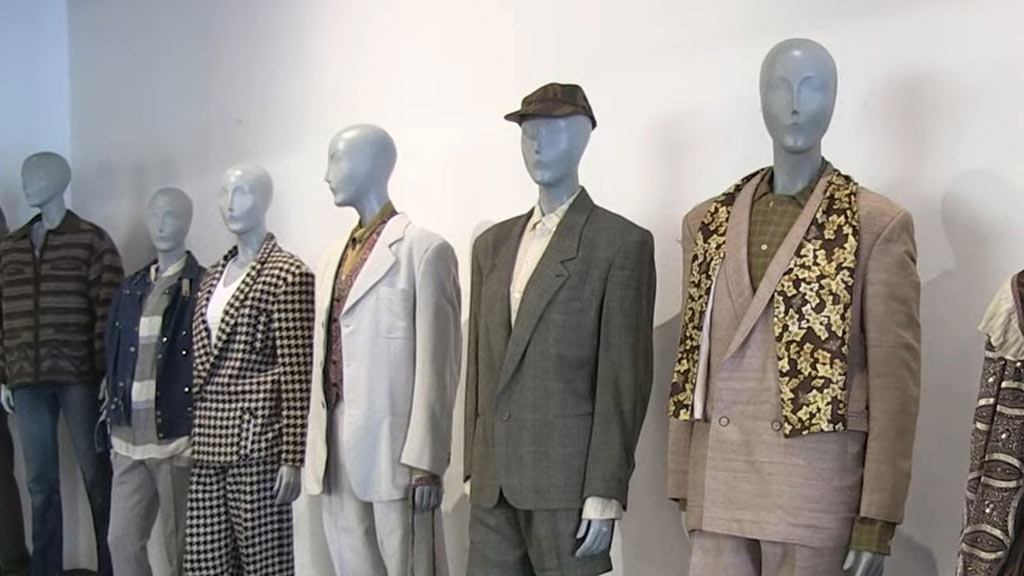
When attending events or social gatherings in Boston, it’s essential to dress appropriately. While the city has a laid-back vibe, certain venues may have specific dress codes that you should adhere to.
Whether it’s a formal dinner, a casual outing, or a sporting event, take the time to dress accordingly to show respect for the host and the event itself.
“Chowder” Confusion
New England clam chowder is white and creamy, not tomato-based. Don’t order “red chowder” expecting Manhattan-style.
While Harvard is a prestigious institution, calling it “the only university in Boston” will likely offend alumni of other local schools like MIT or Tufts.
Public Transit Pitfalls
Evading fares on the T is illegal and disrespectful to fellow passengers who pay their way. Always validate your fare to avoid fines and potential legal trouble.
Ignoring priority seating on public transportation or blocking designated accessible areas can have serious consequences for those who rely on them. Be mindful and respectful of accessibility needs.
Does the Boston Culture Welcome Tourists?
To truly understand whether Boston culture welcomes tourists, we must delve deeper into the various aspects of hospitality and inclusivity that define the city’s identity.
Historical Significance
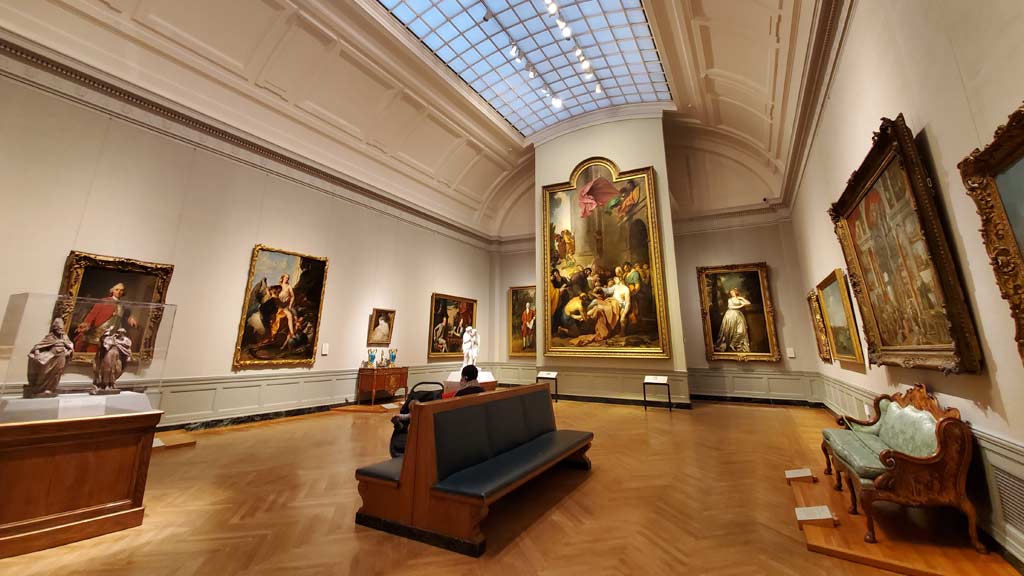
Boston’s historical significance as one of the oldest cities in the United States plays a significant role in its hospitality towards tourists.
As the birthplace of the American Revolution and home to iconic landmarks such as the Freedom Trail, Boston takes pride in sharing its rich history with visitors.
Museums, historical sites, and guided tours provide immersive experiences that educate and inspire tourists, fostering a sense of appreciation for the city’s cultural heritage.
Cultural Diversity
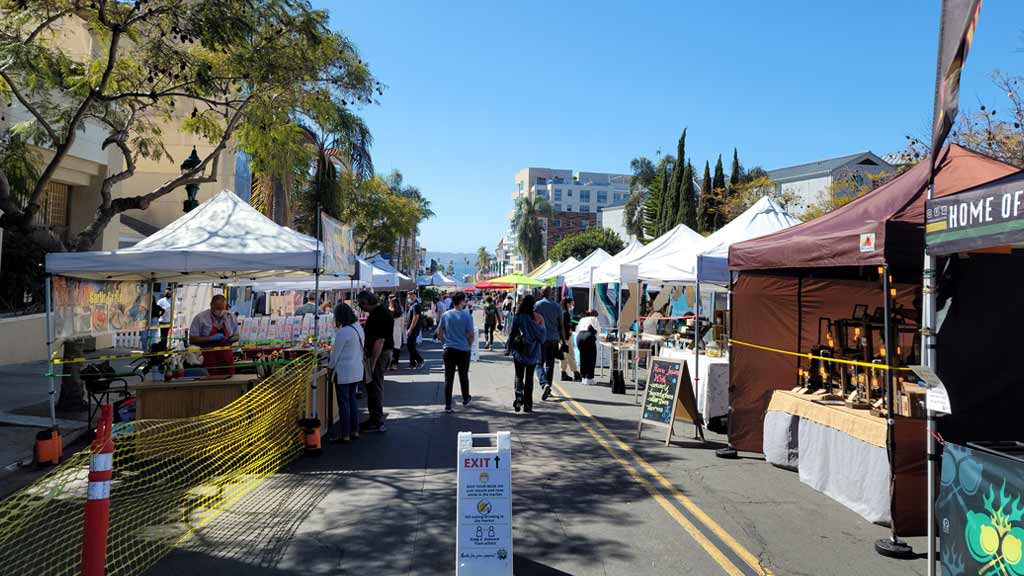
Boston’s cultural diversity adds to its welcoming atmosphere for tourists. With vibrant neighborhoods like Chinatown, Little Italy (the North End), and Jamaica Plain, visitors can explore many cultures, cuisines, and traditions within the city limits.
Festivals, cultural events, and community celebrations further showcase Boston’s inclusivity and openness to embracing diversity, making tourists feel valued and respected.
Friendly Locals
Bostonians are known for their friendly demeanor and willingness to help tourists navigate the city. Whether offering directions, recommending local attractions, or engaging in casual conversation, locals often go out of their way to make visitors feel welcome.
The city’s strong sense of community fosters a culture of hospitality that extends beyond its borders, creating a welcoming environment for tourists to explore and enjoy.
Tourist-Friendly Infrastructure
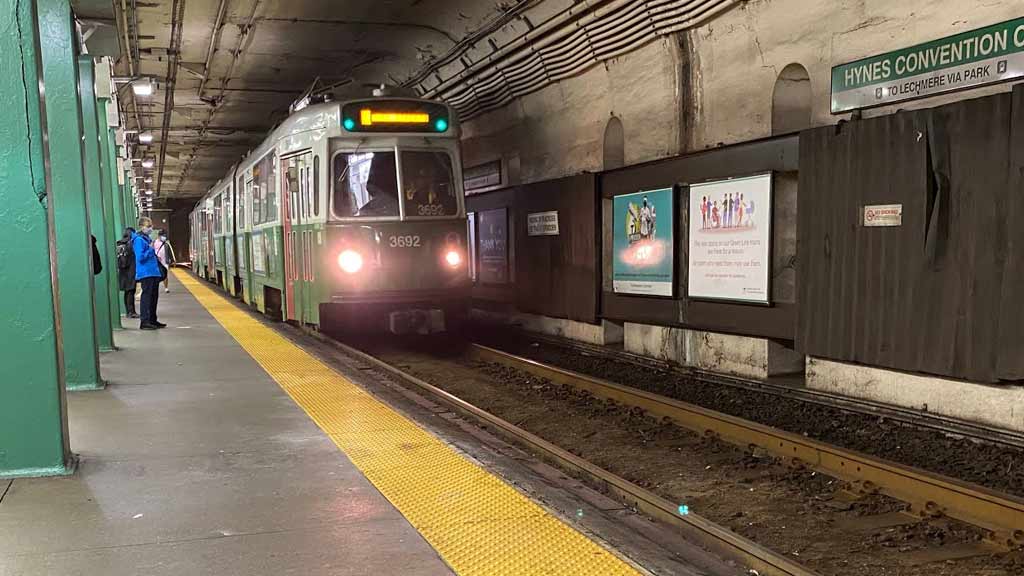
Boston’s tourist-friendly infrastructure, including public transportation, accommodations, and visitor centers, makes it easy for travelers to navigate the city easily.
The Massachusetts Bay Transportation Authority (MBTA), commonly known as the “T,” provides convenient access to popular attractions and neighborhoods. At the same time, hotels, hostels, and vacation rentals offer a range of options to suit every budget and preference.
Visitor centers and tourism bureaus provide valuable resources and assistance to tourists, ensuring a smooth and enjoyable stay in Boston.
Culinary Delights
Boston’s culinary scene is a testament to its hospitality towards tourists, offering diverse dining options to suit every palate.
From seafood fresh off the docks to international cuisine from around the globe, the city’s restaurants, food trucks, and markets tantalize the taste buds of visitors and locals alike.
Food tours, cooking classes, and culinary festivals provide immersive experiences that allow tourists to savor the flavors of Boston while learning about its culinary heritage.
Cultural Institutions and Entertainment
Boston’s cultural institutions and entertainment venues offer tourists many opportunities to engage with the city’s arts and entertainment scene.
From world-class museums like the Museum of Fine Arts and the Isabella Stewart Gardner Museum to iconic performance venues like the Boston Symphony Orchestra and the Boston Opera House, the city’s cultural offerings cater to diverse interests and preferences.
Concerts, theater productions, and art exhibitions provide enriching experiences that leave a lasting impression on tourists, encouraging them to return to Boston time and time again.
Safety and Security
Boston’s commitment to safety and security contributes to its reputation as a welcoming destination for tourists. The city’s well-maintained streets, public spaces, and parks create a sense of comfort and security for visitors, allowing them to explore confidently.
Additionally, the presence of law enforcement agencies, emergency services, and tourist assistance programs further ensures the safety and well-being of tourists throughout their stay in Boston.
FAQs
What are some must-visit cultural attractions in Boston?
Boston offers many cultural attractions, including the Freedom Trail, the Museum of Fine Arts, the Isabella Stewart Gardner Museum, and the Boston Symphony Orchestra. These iconic landmarks showcase the city’s rich history, art, and performing arts scene.
How do Bostonians typically greet visitors or newcomers?
Bostonians are known for their friendly demeanor and often greet visitors with a warm welcome. Handshakes or a simple “hello” are common, and engaging in polite conversation is appreciated to make newcomers feel at home.
Are there any cultural events or festivals that tourists should attend in Boston?
Yes, Boston hosts numerous cultural events and festivals throughout the year. Highlights include the Boston Calling Music Festival, Boston Harborfest, St. Patrick’s Day Parade, and the Boston International Film Festival. These events offer a glimpse into the city’s vibrant culture and community spirit.
What are some traditional dishes or foods to try in Boston?
Boston is renowned for its seafood, particularly clam chowder, lobster rolls, and fresh oysters. Other traditional dishes include baked beans, Boston cream pie, and Fenway Franks (hot dogs served at Fenway Park). Exploring the local cuisine is a delicious way to experience Boston culture.
How can tourists navigate Boston’s public transportation system?
Boston’s public transportation system, known as the MBTA or “T,” includes subway trains, buses, and commuter rail services. Tourists can purchase single-ride tickets or unlimited passes to access popular attractions and neighborhoods conveniently.
Conclusion
Navigate Boston’s cultural terrain with finesse and respect, ensuring a positive experience for residents and visitors. Boston’s cultural landscape offers a tapestry of traditions and etiquettes that enrich the experience of both residents and visitors alike.
One can navigate social interactions with grace and respect by being mindful of the subtle nuances and avoiding common faux pas. From embracing the city’s rich history to appreciating its diverse communities, each aspect contributes to the vibrant tapestry of Bostonian culture.
By fostering an openness and willingness to learn, individuals can bridge cultural gaps and forge meaningful connections in this dynamic city.
So, whether you’re exploring the cobblestone streets of Beacon Hill or dining in the bustling North End, remember to approach each interaction with empathy and understanding. By doing so, you’ll navigate Boston’s cultural terrain with finesse and contribute to the harmonious fabric of Boston.
Laura Chassaigne